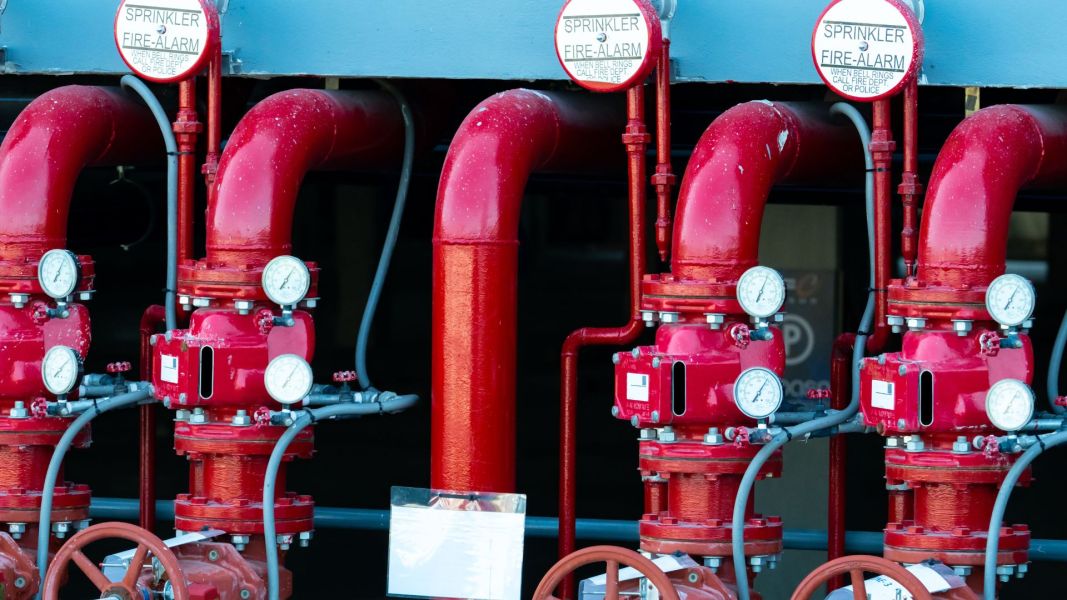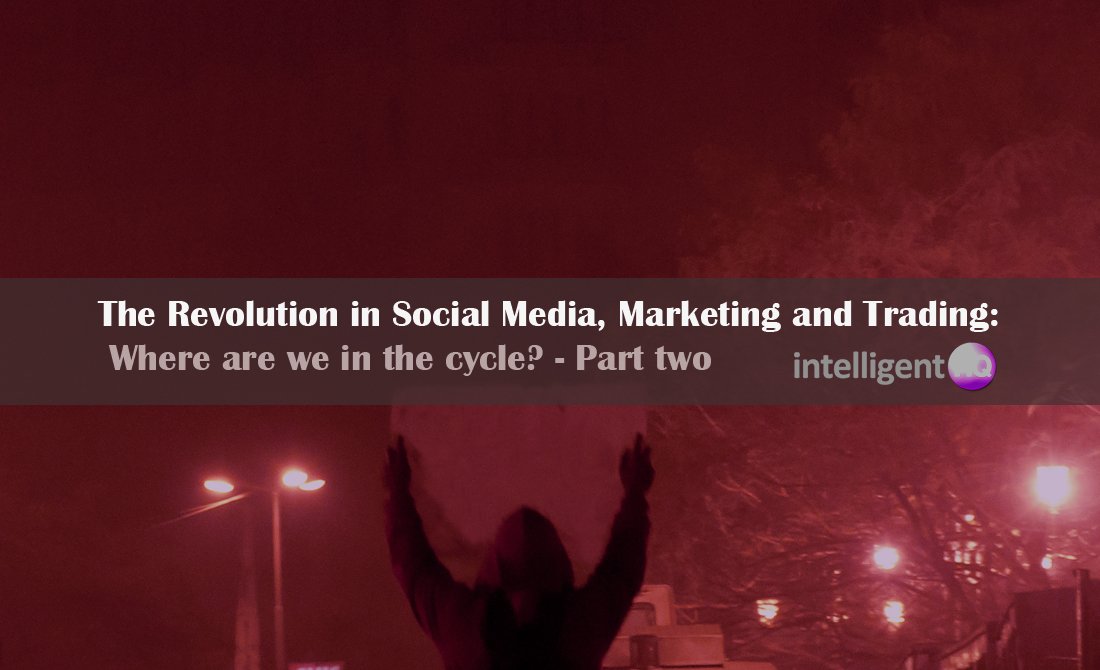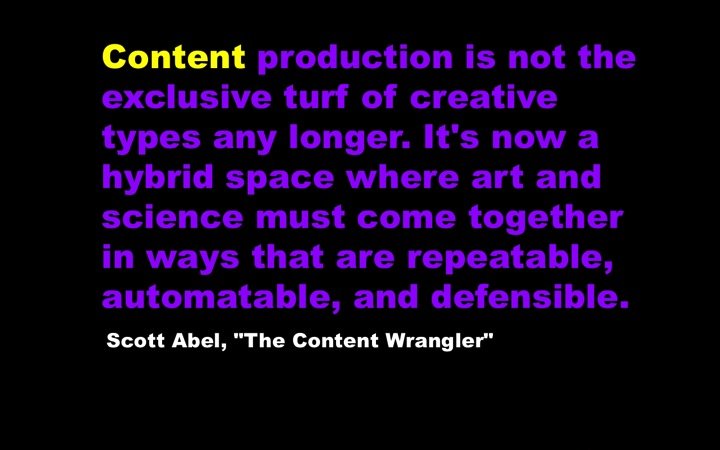Fire is a legitimate threat to any business with a physical location. But for some businesses, it may seem excessive or unnecessary to install a fire suppression system.
When is it truly necessary for a business to have a fire suppression system? And what is the value of such a system for your business?

The Many Ways a Fire Can Hurt Your Business
Everyone understands that fires are incredibly destructive. But it’s easy to underestimate how much damage a fire can do to your business.
For example:
- Direct damage. Direct damage is usually the most obvious way that fire can hurt your business. Without adequate protection, fire can consume your onsite property, completely devastating your inventory, and potentially ruining the structure of the building. Depending on the size and scope of your business, this alone can cost you millions of dollars. If you have a good insurance policy, it may compensate you for these damages, but you’ll still be responsible for paying the deductible, and you’ll probably see much higher rates in the future.
- Personal harm. A more significant ramification of a fire outbreak is personal harm. Even if you have good fire safety and fire evacuation protocols in place, someone could get hurt or killed if they’re trapped in a fire at your business. Losing employees, customers, or other people is a cost that can’t be simply reimbursed with money.
- Legal issues. In some cases, your failure to address a fire adequately could result in legal issues. Families of the deceased could sue your business, or you may face steep penalties for not having proper fire protocols in place.
- Reputation damage. On top of that, your business is going to suffer reputational damage. If your leadership is incapable of preventing or adequately mitigating a spreading fire, can you really trust them for anything else?
How Fire Suppression Helps
Fire suppression systems often pay for themselves, and for several main reasons:
- Ability to stop fires immediately. When used properly, fire suppression systems have the potential to stop fires immediately. If you have one positioned to deploy a suppression agent, you may be able to smother the flame before it does any real damage. If you stop even one fire this way, the fire suppression system should pay for itself.
- Ability to mitigate the spread of fires. Even if the suppression system isn’t able to completely stop the fire, it should be able to mitigate the spread. These systems can protect other areas of your business and deprive the fire of the materials it needs to continue raging; this can buy precious time to evacuate the area and wait for firefighters to arrive.
- Inexpensiveness and ease of installation. Finally, it’s important to recognize that modern fire suppression systems are extremely inexpensive and easy to install. Modern, clean agent, modular fire suppression systems can be used almost anywhere, installed without major plumbing changes, and are relatively affordable.
Key Variables to Consider
So which businesses really need a fire suppression system? These are some of the most important variables to consider:
- Legal requirements. Some businesses, in some areas, are required to have certain fire protocols in place. Make sure you understand the laws in your area and address them adequately with all your fire prevention and mitigation strategies.
- Physical size and space. The bigger your business is from a physical perspective, the more potential damage a fire can do. If you operate fully remotely, you probably don’t need a fire suppression system. If you have 10 major buildings, including data centers and warehouses full of inventory, fire suppression systems are a practical requirement.
- Population and traffic. A small fire can turn into a “major fire” in less than 30 seconds. In just a few minutes, an entire building can go up in flames, filling with thick, black smoke and making it increasingly difficult for people to escape. The more people you have in your business, the more danger of fire presents to them. Fire suppression systems become more necessary as population and traffic increase.
- Fire hazards. Some businesses are more prone to fires than others. If your business has industrial cooking equipment, electronics that generate a lot of heat, or other fire hazards to worry about, you definitely need a fire suppression system.
- Physical goods. You’ll also want to consider physical goods. If you have millions of dollars of equipment in a centralized, physical area, you’ll want to protect that investment with a clean agent fire suppression system.
- Risk tolerance. Everyone has a distinct level of risk tolerance. Some business owners are willing to take more risks than others. If you’re relatively conservative regarding risk tolerance, a fire suppression system makes even more sense.
So when exactly does a business need a fire suppression system? Arguably, any business with a physical location and something to lose should have a fire suppression system in place. And because modern fire suppression systems are so versatile and inexpensive to maintain, there’s no real excuse not to have one.

Founder Dinis Guarda
IntelligentHQ Your New Business Network.
IntelligentHQ is a Business network and an expert source for finance, capital markets and intelligence for thousands of global business professionals, startups, and companies.
We exist at the point of intersection between technology, social media, finance and innovation.
IntelligentHQ leverages innovation and scale of social digital technology, analytics, news, and distribution to create an unparalleled, full digital medium and social business networks spectrum.
IntelligentHQ is working hard, to become a trusted, and indispensable source of business news and analytics, within financial services and its associated supply chains and ecosystems





























